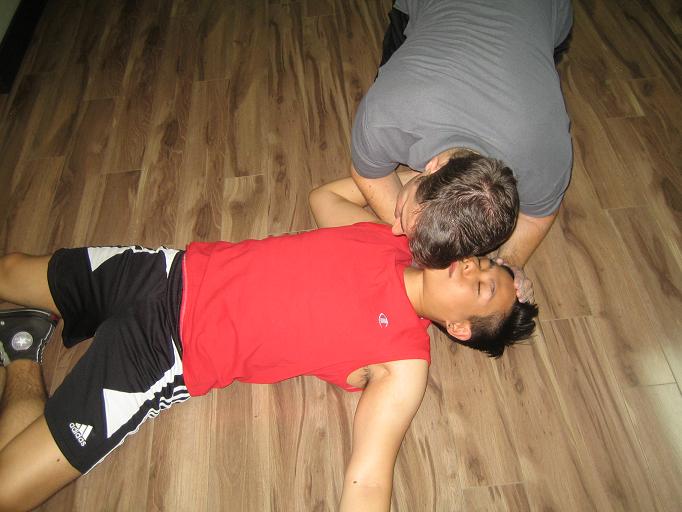If you know someone who has diabetes mellitus it may be a good idea to understand the nature of the condition and to know the best way of managing diabetes complications. You never know when a complication may arise and when you will need to give the person effective medical assistance. Diabetes can be controlled with proper medication, regular checkups, exercise and diet. However, regardless if all precautions are taking diabetes complication can occur. Serious complications may occur such as stroke, heart attack and infection. Under serious circumstances, when the complications are not managed properly, it could make the condition worse and may potentially lead to a higher mortality rate.
The material posted on this page on diabetic complications and management is for learning purposes only. To learn to recognize hypoglycemia, hyperglycemia and other diabetic emergencies enrol in a standard first aid course today.
How to manage diabetes complications
The most commonly occurring diabetes complications include stroke, heart attack, infections and delayed wound healing. When these happen, giving a diabetic prompt medical response will help prevent the more serious complications that may potentially occur. Here are the things that you can do when a diabetic complication occurs.
First aid management for a stroke

A stroke may occur suddenly and the person may suddenly feel weakness on one side of the face and the body, slurred speech or paralysis. When this happens, make sure to help the person to lie down comfortably as they have the risk to falls. Call for help immediately. Talk to the person to determine if he is disoriented or manifests a slurred speech. Check for motor response of the person. When the person is unconscious, check for breathing then administer CPR immediately.
First aid for a heart attack
A heart attack may result in arrested breathing, which will require the need to administer CPR to prevent oxygen deprivation to the brain. When a diabetic experiences a heart attack, make sure to keep the person lying down with the head elevated higher than the chest. Loosen tight clothing that can restrict the circulation in the body. Make sure to call for help immediately.
First aid for delayed wound healing and infection
Wound healing is usually delayed in diabetes. An unattended wound may result in gangrene which is a condition that results in the death of the skin tissues that can spread especially on the lower extremities. It can even result in amputation in serious cases when infection spreads fast because proper wound treatment was not given immediately to the wound. When treating the wound, keep the area clean and always apply antiseptic to prevent infection. If the wound is on the lower extremities, it helps to perform some pumping movements of the feet in order to facilitate a good circulation to help in the wound healing process.
Reference:
Mayo Clinic. Diabetes. Retrieved on July 1, 2014 from http://www.mayoclinic.org/diseases-conditions/diabetes/in-depth/diabetes-management/art-20047963.

